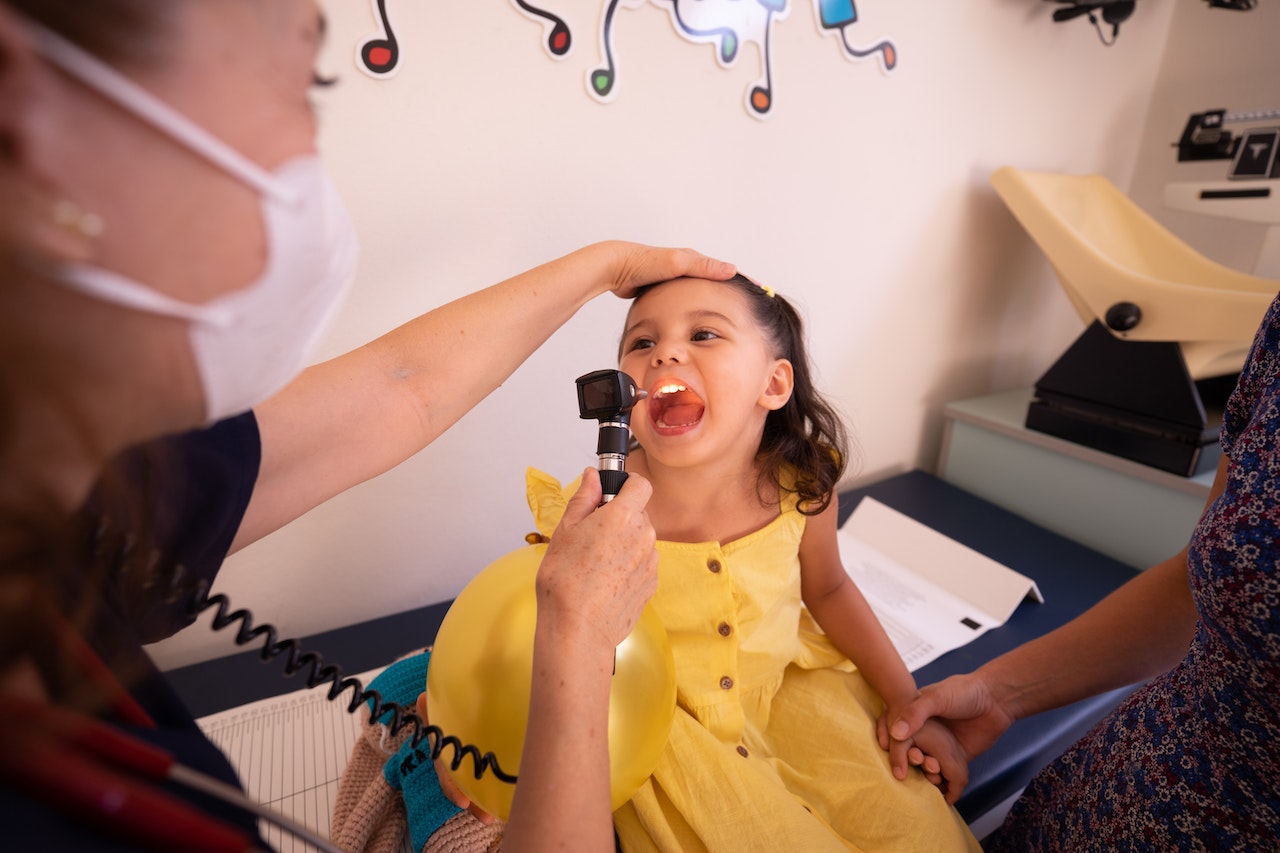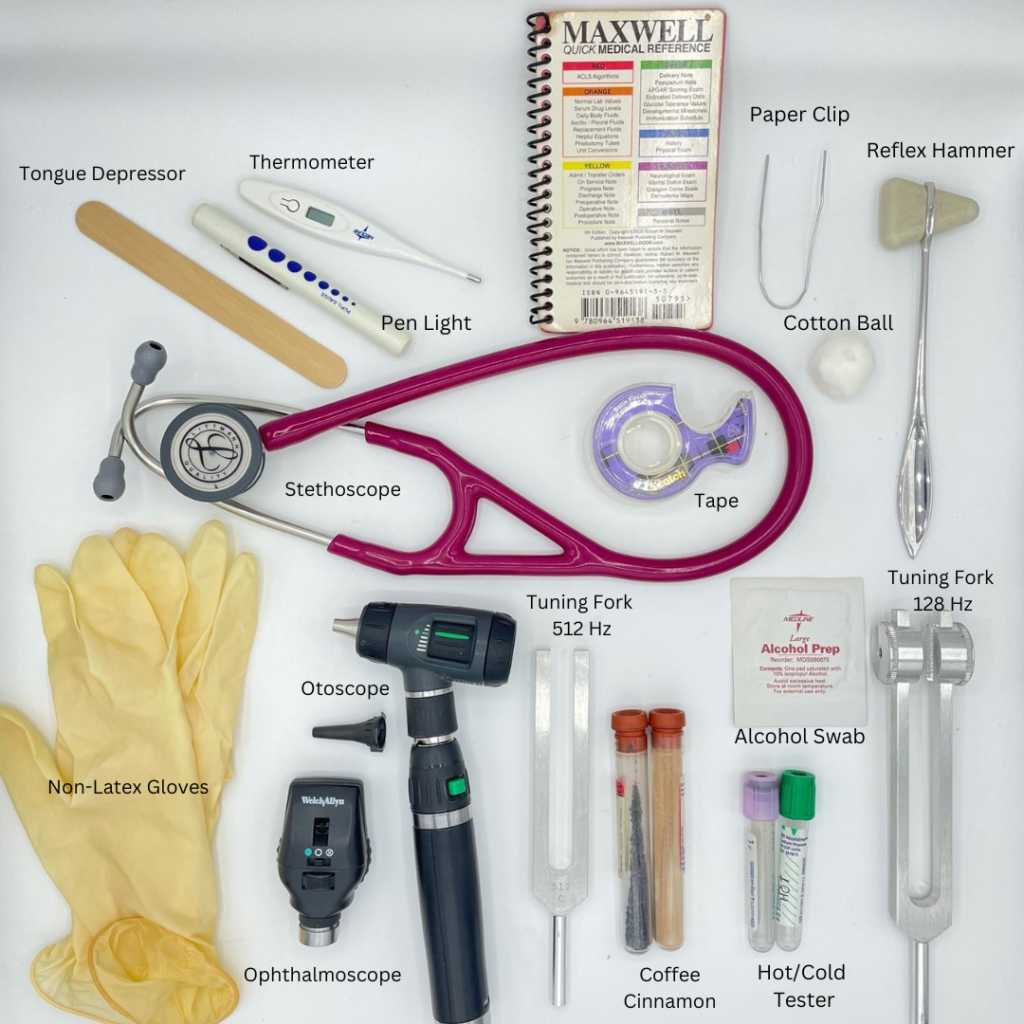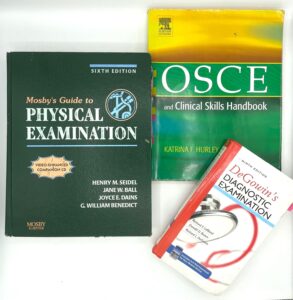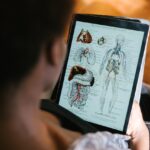Ace Your PD Course: Physical Diagnosis Secrets and Kit

Physical Diagnosis Secrets
Welcome, future PAs-in-training! You’ve embarked on an exciting journey towards becoming a skilled healthcare provider, and at the heart of your training lies the essential Physical Diagnosis course.
This course is your passport to the world of comprehensive patient examination, and today, I’m here to help you navigate this challenging but rewarding path.
Physical Diagnosis Kit for Your PD Course
Let’s dive right in and explore the indispensable tools you’ll need for your physical diagnosis arsenal:
- Stethoscope (Littman): Your trusty sidekick for auscultating heart and lung sounds. It’s more than just a fancy accessory; it’s your auditory window into the patient’s inner workings.
- Otoscope: This tiny wonder allows you to peer into the ear canal and examine the eardrum. Great for identifying ear infections and foreign objects.
- Ophthalmoscope: Don’t let the big name intimidate you! This device is for checking out the retina and optic nerve. It’s your key to the windows of the soul.
- Tuning Fork: A tuning fork helps assess hearing and vibratory sensation. Tap it, and you’ll be tuning into your patient’s sensory world.
- Tape: For measuring diaphragmatic excursion. Precision is your friend in diagnosis.
- Penlight: Shed some light on the situation! A penlight helps examine the eyes, throat, and mouth, illuminating the way to a clearer diagnosis.
- Reflex Hammer: Test those reflexes. It’s not just about hitting knees; it’s about gauging your patient’s nervous system function.
- Tongue Depressors: Invaluable for checking the throat, mouth, and tonsils, and they can also be used to test for sharp and dull sensations when broken in half. Keep a stack on hand for thorough examinations.
- Cotton Swabs: Indispensable for sensory testing to assess light touch or corneal reflex.
- Paper Clip: Believe it or not, a humble paper clip can be a lifesaver for assessing sensation in a pinch.
- Non-Latex Gloves: Protect yourself and your patients while performing any procedure that involves bodily fluids. Safety first!
- Maxwell Quick Medical Reference: Your portable knowledge hub. It’s like having a mini medical library in your pocket.
- Cinnamon and Coffee: Not just for flavor! These can help you assess olfactory function, which is essential in some neurological exams.
- Thermometer (under the tongue or temporal lobe): A classic tool for monitoring temperature, a fundamental vital sign.
- Blood Pressure Machine: Helps find high blood pressure, low blood pressure, or the perfect balance. It’s all about keeping hearts happy! ❤️🦸♂️🩺

Top Books to Excel in Your PD Training
Now that you’ve got your toolkit sorted, let’s talk strategy. In the Physical Diagnosis course, it’s not just about having the right tools; it’s about knowing how and when to use them.
You’ll be expected to demonstrate your ability to perform a thorough physical exam, understand the purpose behind each tool, and articulate what you’re looking for during the exam.
To help you along the way, here are some recommended books that will serve as your North Star in this course:
- OSCE: Your OSCE (Objective Structured Clinical Examination) guide will be your companion through simulated patient encounters. It’s like your dress rehearsal before the big show.
2. DeGowin’s Examination: Consider this your bible of physical examination. It covers everything from head to toe and is a must-have for any aspiring PA.
3. Mosby’s Guide to Physical Examination: Another fantastic resource that provides step-by-step instructions and illustrations to enhance your examination skills.

Remember, the Physical Diagnosis course is not just about checking off items on a list; it’s about becoming clinically competent and developing the intuition to make informed diagnoses. It’s about learning to listen to your patients through your senses and tools.
As you embark on this journey, stay curious, stay passionate, and stay committed to honing your skills. The art of physical diagnosis is not just a science; it’s a blend of expertise, empathy, and the pursuit of excellence in patient care.
Stay tuned for more insightful posts, tips, and tricks to ace your PA journey. Follow us on social media, and let’s walk this path together, one diagnosis at a time. Your future patients will thank you!
You may also like

PA Student Life: Exploring the Greatest Challenges
- February 8, 2024
- by Naquisha Knights
- in During PA School

1st Semester of PA School

DIDACTIC YEAR…HERE WE GO!!!

